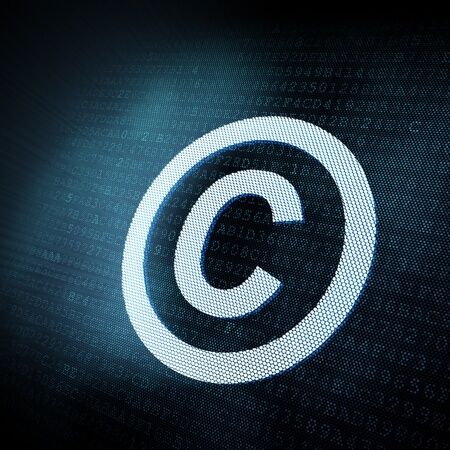
The evolution of the internet as a primary source of information, entertainment and communication has presented unique challenges in the realm of copyright law. At its core, the internet offers the opportunity for unrestricted exchange of information, while copyright law attempts to assign specific rights to creators to limit the dissemination of original content and advance the ultimate goals of creativity and innovation.
The notion that any information obtained by the user on the internet can be copied or downloaded is largely inaccurate. Rather, material on the internet is eligible for protection under copyright law in much the same way that physical works in libraries and bookstores are subject to copyright protection.
An internet user automatically makes copies in one of several ways, including causing a copy of the page to be stored in the computer’s Random Access Memory (RAM) or on its browser. Although this presumptively results in unauthorized copying of information, it does not constitute copyright infringement because posters give implied consent, thereby acknowledging their awareness and permission for users to visit their sites and access their information.
In contrast, when users make copies by downloading content, they engage in a form of copying that is equivalent in nature to copying a work of authorship. Where a website expressly grants consent to copy, a user can generally download information. In the event permission is not granted for downloading, the appropriation of the work is disallowed unless the use falls into the category of fair use. The fair use doctrine in copyright law authorizes the use of a copyrighted work in a limited manner without obtaining permission. The rule is based on the notion that others should be permitted to take portions of an author’s materials for certain valuable purposes. However, fair use with respect to internet materials is complex and uncertain. Users cannot assume that digital content in educational and scholarly materials will automatically be subject to the fair use exception. Determining the applicability of the fair use doctrine is a highly fact driven analysis that requires legal knowledge and insight.
Shane Coons has experience in advising clients on various aspects of intellectual property law and dispute resolution. Contact Shane Coons at 949-333-0900 or visit www.ShaneCoonsLaw.com to learn more about the practice or schedule a consultation.
